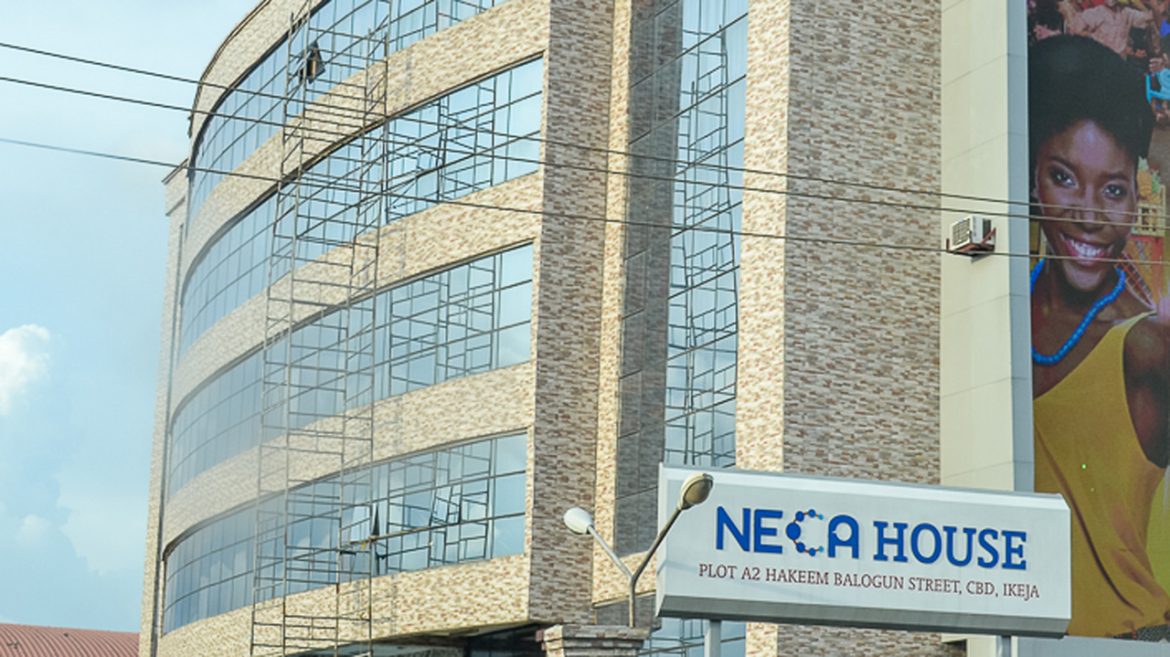Table of Contents
Gabon, OPEC’s smallest member by production, will try to reduce its reliance on oil by increasing investments in agriculture and mining as part of pledges made to win a $642 million International Monetary Fund facility, Economy Minister Regis Immongault said.
Oil’s proportion of state revenue will decline to about 25 percent by mid-2020, from 30 percent currently, he said by phone from the capital, Libreville on Tuesday. The central African nation began exporting palm oil and planting rubber last year in a partnership with Olam International Ltd., while it’s also developing a new manganese mine.
Last week, the IMF approved the extended facility for Gabon after it pledged to contain spending, diversify the economy and clean up the banking sector. Economic growth slowed to 2.1 percent last year, from 3.9 percent in 2015, as public debt levels climbed and the deficit on the current account, the broadest measure of trade in goods and services, swelled to more than 10 percent of gross domestic product from a surplus just two years earlier.
By cutting the wage bill, reducing subsidies and creating a business climate that’s attractive to foreign investors, Gabon can eventually reach an economic growth rate of 5 percent for the first time since 2013, Immongault said. The government also plans to clear most of its debts to suppliers, he said.
‘Strategic Importance’
“It would be wrong to say they’re austerity measures,” he said. “We’re certainly adjusting the budget, like we have done in the past two years. Capital expenditure will be streamlined to focus on growth-generating projects and on projects with an important social impact.”
Gabon rejoined the Organization of Petroleum Exporting Countries in 2016, after leaving in 1995. OPEC’s 14 members agreed to prolong supply cuts in May to try boost prices that slumped by almost a fifth this year. Libya and Nigeria, which relies on crude for 90 percent of foreign-currency earnings, are exempt from the curbs.
OPEC is lenient toward Gabon because it’s such a small producer, with output restrictions “remaining marginal” for now, Immongault said. Gabon produced an average of 200,000 barrels daily in May, according to OPEC data.
“Membership of OPEC is of strategic importance to Gabon,” Immongault said. “We want to move closer to a group of influential countries that may want to help us develop more than just the oil sector, starting with Saudi Arabia.”
Courtesy Bloomberg








